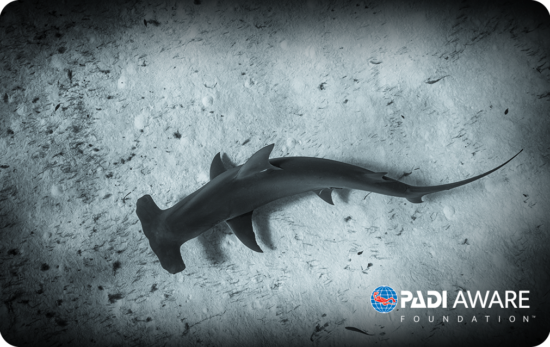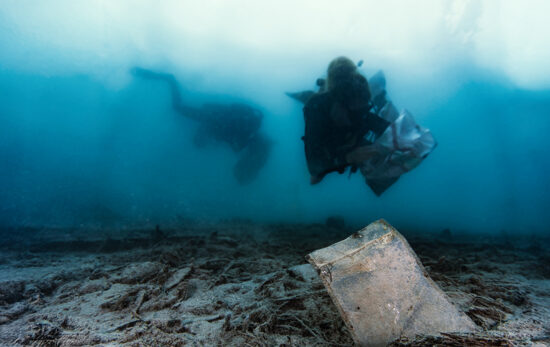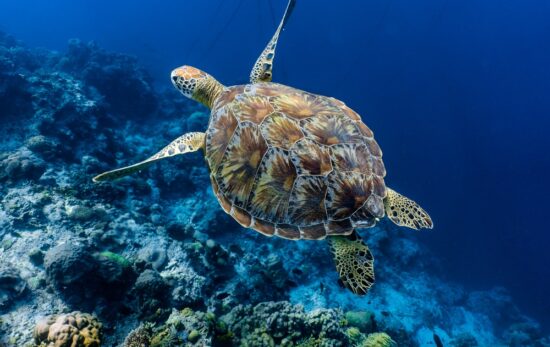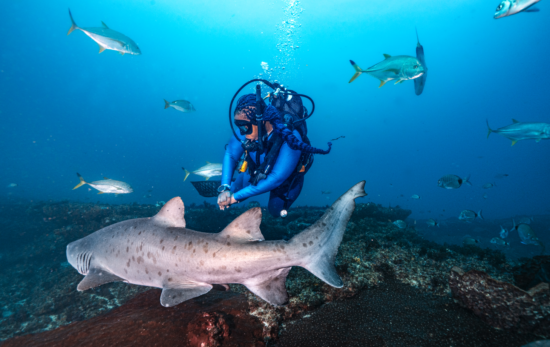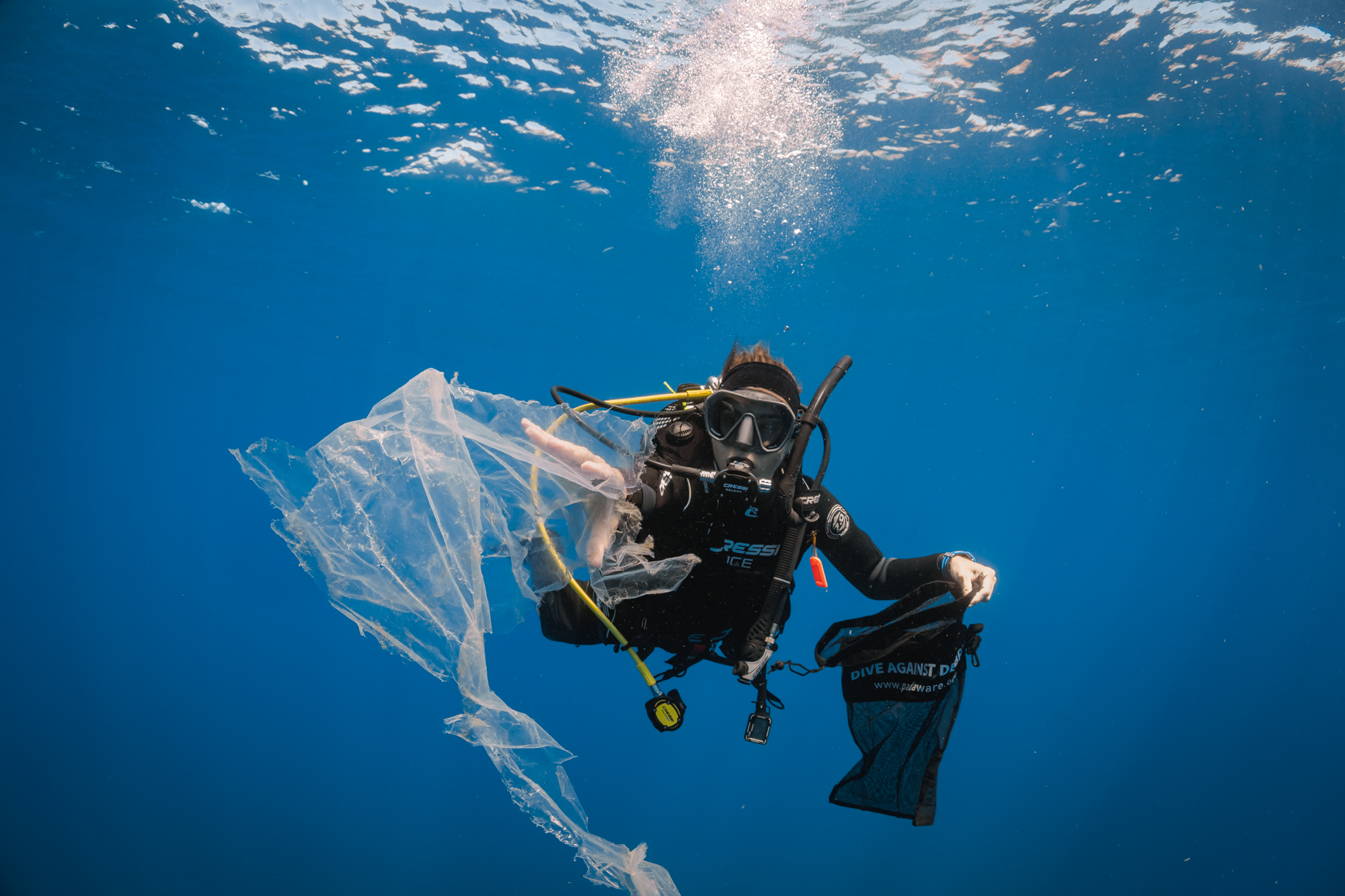The diving community is a powerful advocate for the most vulnerable species on the planet – sharks. For over 30 years, divers have enabled PADI AWARE Foundation to have a seat at the international table to advocate for protecting sharks. Due to our collective efforts, we have helped secure protection measures for over a hundred shark and ray species. And we aren’t stopping there.
In 2023, PADI announced that Blancpain would be expanding its support to include the Vulnerable Species Program under the PADI Blueprint for Ocean Action. The Vulnerable Species Program houses the development of the AWARE Global Shark & Ray Census, the largest underwater citizen science program designed to protect sharks and rays from extinction. This latest evolution comes just one year after PADI and Swiss prestige watchmaker, Blancpain, announced a multi-year partnership aimed at increasing the number of marine protected areas (MPAs) around the globe. As a founding partner of PADI’s Blueprint for Ocean Action, Blancpain accelerated the creation of PADI’s MPA Program and its flagship citizen science program, Adopt the Blue™.
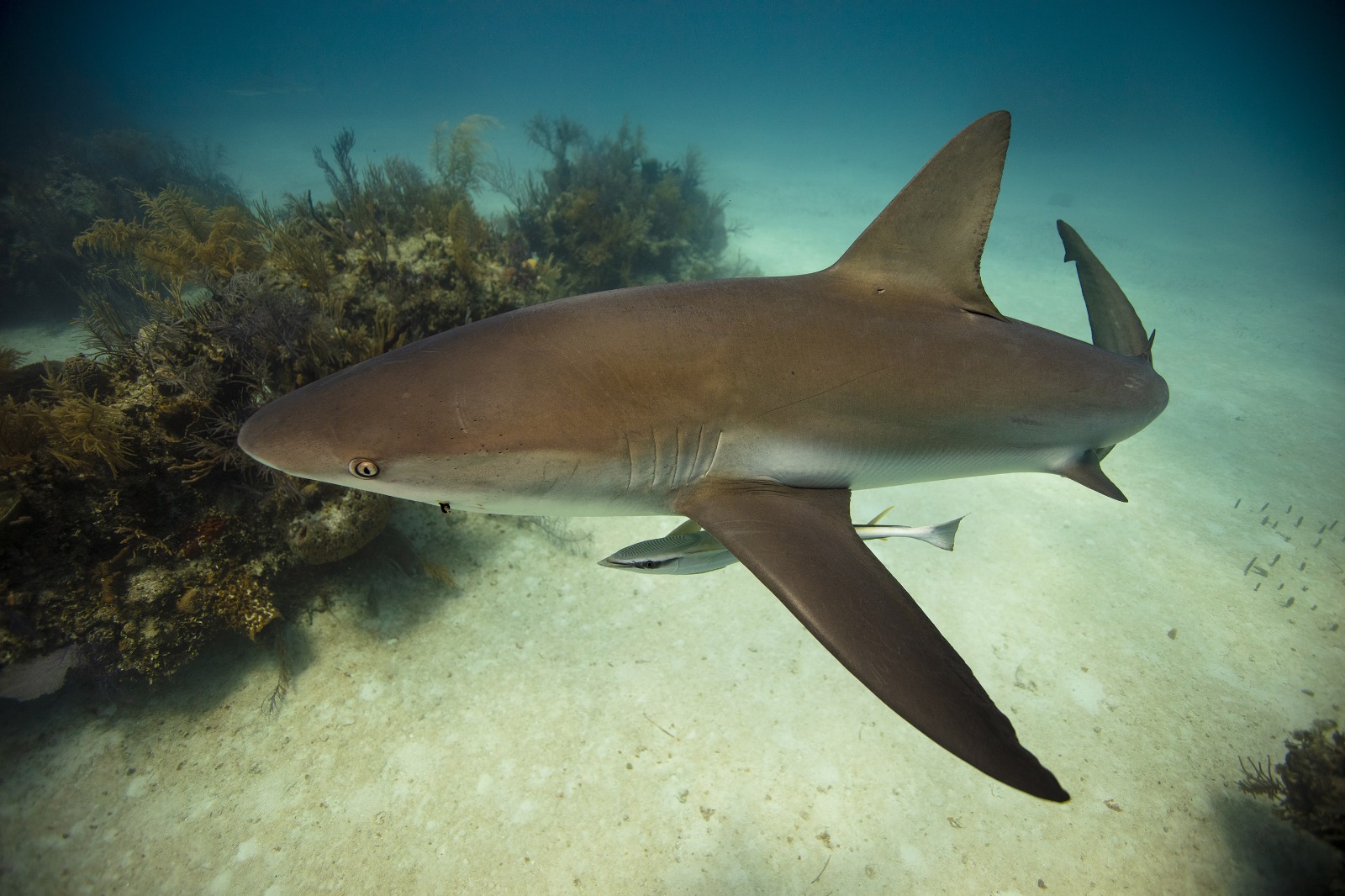
The Plan to Protect Sharks
Sharks and rays are, collectively, one of the most threatened groups of animals on the planet. Almost a third of all known species are facing an increased threat of extinction. Two major threats to shark and ray populations are:
- Overfishing
- Habitat loss
A major conservation measure to help protect many coastal species of sharks and rays is the protection of critical habitats (coral reefs, nursery areas, mating sites). Success of protecting critical habitats is difficult, with very few effective monitoring and evaluation methods in existence. The Global Shark & Ray Census initiative will use the scale and global distribution of the PADI recreational dive network to develop a shark and ray citizen science data collection protocol that can be used to effectively monitor coastal shark and ray populations in real time and help identify and establish protected areas through the PADI AWARE Adopt the Blue program.
The Global Shark & Ray Census will provide an ongoing and scientifically valuable method to monitor the health of some of the most threatened marine species on the planet. Both divers and non-divers will be able to collect sightings data on the species they encounter or take part in monitoring sites to track population trends. The data will undergo rigorous scientific analysis and will be used to ensure vulnerable species of sharks and rays have adequate protection for healthy populations.
“Blancpain has long been committed to real engagement in ocean conservation issues. Working together will be a force multiplier in achieving our shared ocean conservation goals,” says Dr. Drew Richardson, CEO of PADI Worldwide and Chairman of PADI AWARE Foundation. “Blancpain’s expanded support of PADI’s Vulnerable Marine Species Program forges a juggernaut combining the Blancpain Ocean Commitment with the PADI Blueprint for Ocean Action in advancing positive ocean change.”
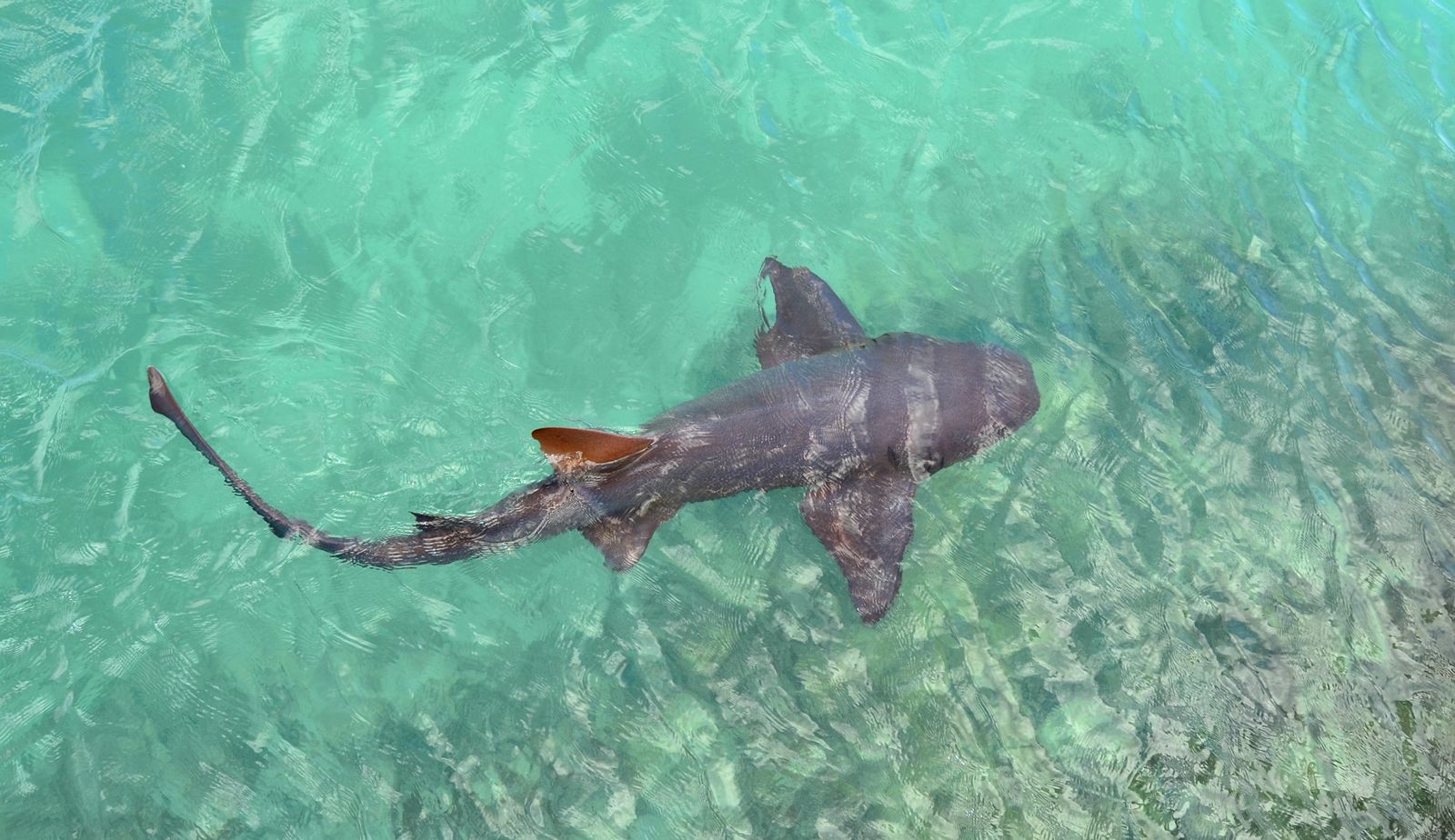
Giving Divers More Citizen Science Opportunities
Over the past decade there has been a growing movement of divers-turned-underwater-citizen-scientists who have adapted their skills for underwater exploration to underwater conservation. As explorers and protectors of the underwater realm, this group of diver enthusiasts and professionals contribute to a wide array of research and conservation projects, leveraging their unique access to underwater environments. Through these activities, divers foster a deeper connection with the ocean and its inhabitants, often becoming advocates for marine conservation.
For the past 13 years, the diving community has contributed to what has become the world’s largest underwater citizen science database for sea floor debris. Hosted by PADI AWARE Foundation, the database was developed in 2011 to support the Dive Against Debris® program which was developed to mobilize the dive community to take immediate, ‘fins on’ action for the ocean by collecting critical survey data from any and every dive. This data can be used by marine researchers and policymakers for conservation efforts.
Now, the global community of Ocean Torchbearers, inclusive of PADI Divers and Professionals, will have an additional opportunity to make every dive count. By expanding the menu of citizen science programs to include the PADI Global Shark & Ray Census, underwater explorers and ocean stewards alike will have another way to create change for the ocean.
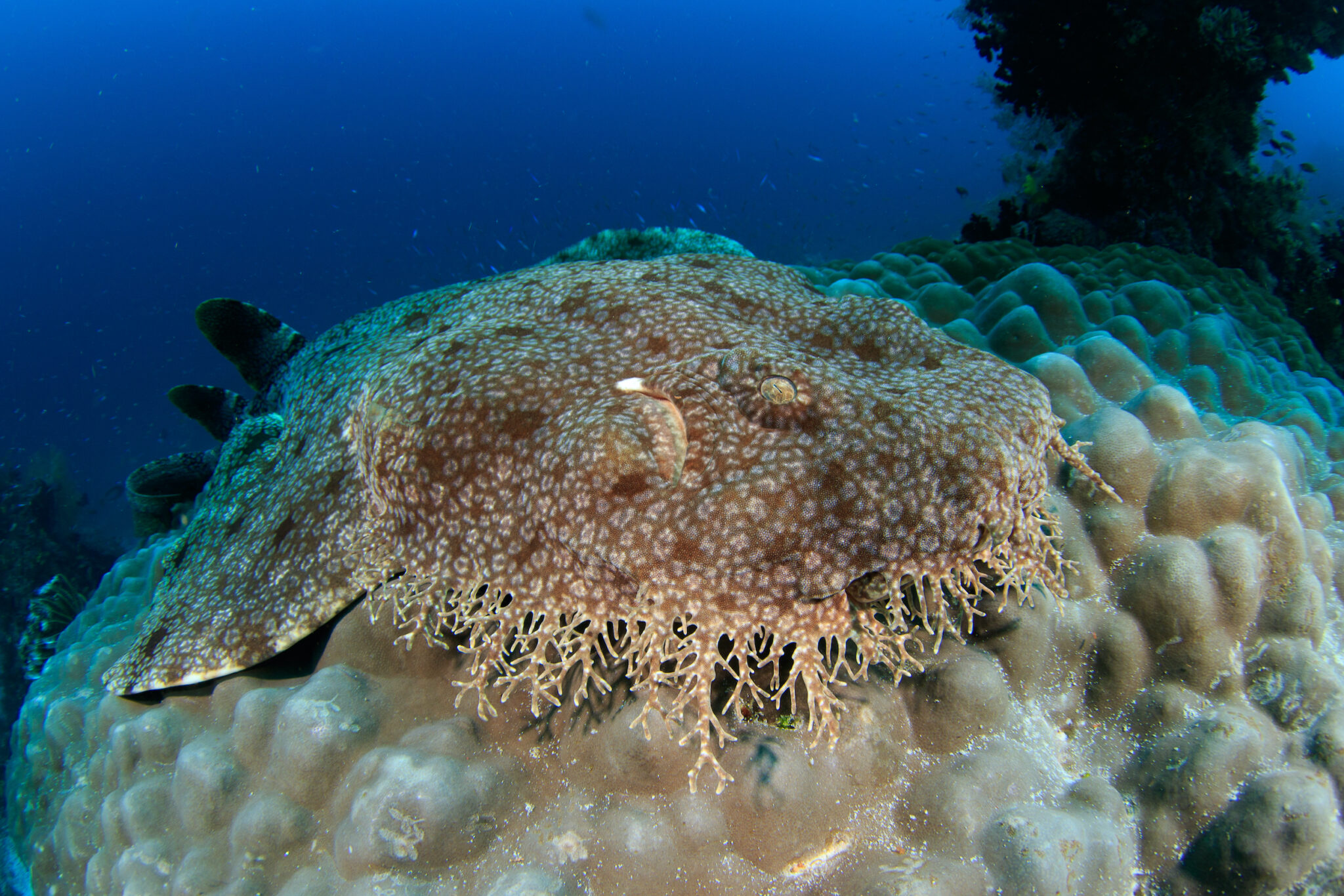
Building on Previous Success
The Global Shark & Ray Census directly supports the PADI Blueprint for Ocean Action by aligning with its goals and strategies for protecting vulnerable and endangered species and expanding Marine Protected Area (MPAs). Increased data on the populations of sharks and rays can support the protection of vulnerable shark and ray species from extinction. Additionally, the location data collected through the census can contribute to the establishment and expansion of Shark Protected Areas.
PADI AWARE Foundation is among the world’s most successful shark and ray conservation organizations, with a 30-year track record of groundbreaking conservation measures for the oceanic whitetip shark, great hammerhead, giant manta ray, whale shark, and mako sharks – along with many other vulnerable species. In November 2022, PADI helped requiem sharks get significant protection at the 19th meeting of CITES (the Convention on Trade of Endangered Species of Wild Fauna and Flora) in Panama City, where government representatives agreed to restrict international trade for all requiem sharks, one of the biggest family of species, all hammerhead sharks, and all guitar sharks – adding an extra 60 species to the list of shark species protected by CITES on Appendix II. This positive outcome follows PADI being asked by the host nation of Panama to provide specialist advice and research to all attending government representatives to help secure support for a critical vote to double the amount of protected shark and ray species. To date, the PADI AWARE Foundation and PADI have helped secure protection measures for over 105 species of sharks and rays.
“With a growing base of divers interested in shark conservation, the Global Shark & Ray Census enables divers to function as diving citizen scientists in order to collect high-quality data and information on vulnerable shark species. Engaged divers across the planet who choose to participate will directly help accelerate national and global protection measures where they are needed most,” continues Richardson.
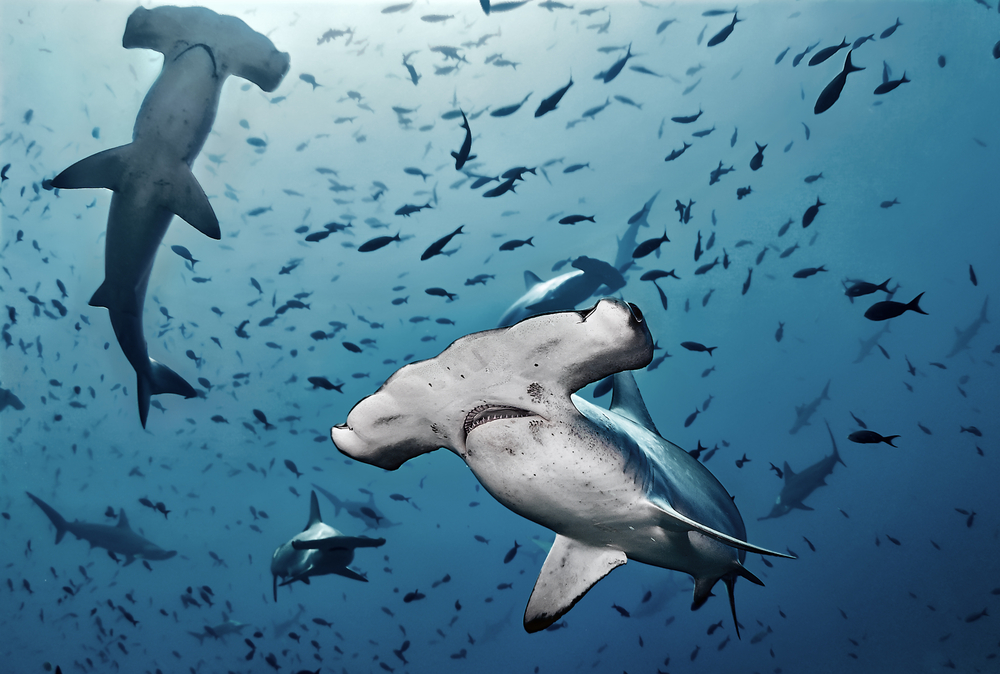
How It Will Work
The Global Shark & Ray Census will establish a global citizen science project to collect information on the distribution and health of shark and ray populations, and to continually monitor shark and ray populations at designated Adopt the Blue sites. The Global Shark & Ray Census will also work in conjunction with the revised AWARE Shark and Ray Conservation Specialty course to activate the recreational diving sector to advocate for more shark-and-ray-focused, fully protected MPAs and increased shark and ray protection measures.
PADI AWARE is collaborating with James Cook University, one of the world’s leading shark and ray research institutes to develop a data collection and analysis system to ensure scientific integrity of the data. James Cook University will also provide taxonomic expertise to validate submitted data.
By engaging the global diving community, PADI and PADI AWARE, with the generous support and commitment of Blancpain, can continue to empower divers to become citizen scientists, contributing valuable data that informs protection strategies for these vulnerable species and reinforcing our shared vision of a balance between humanity and nature.
